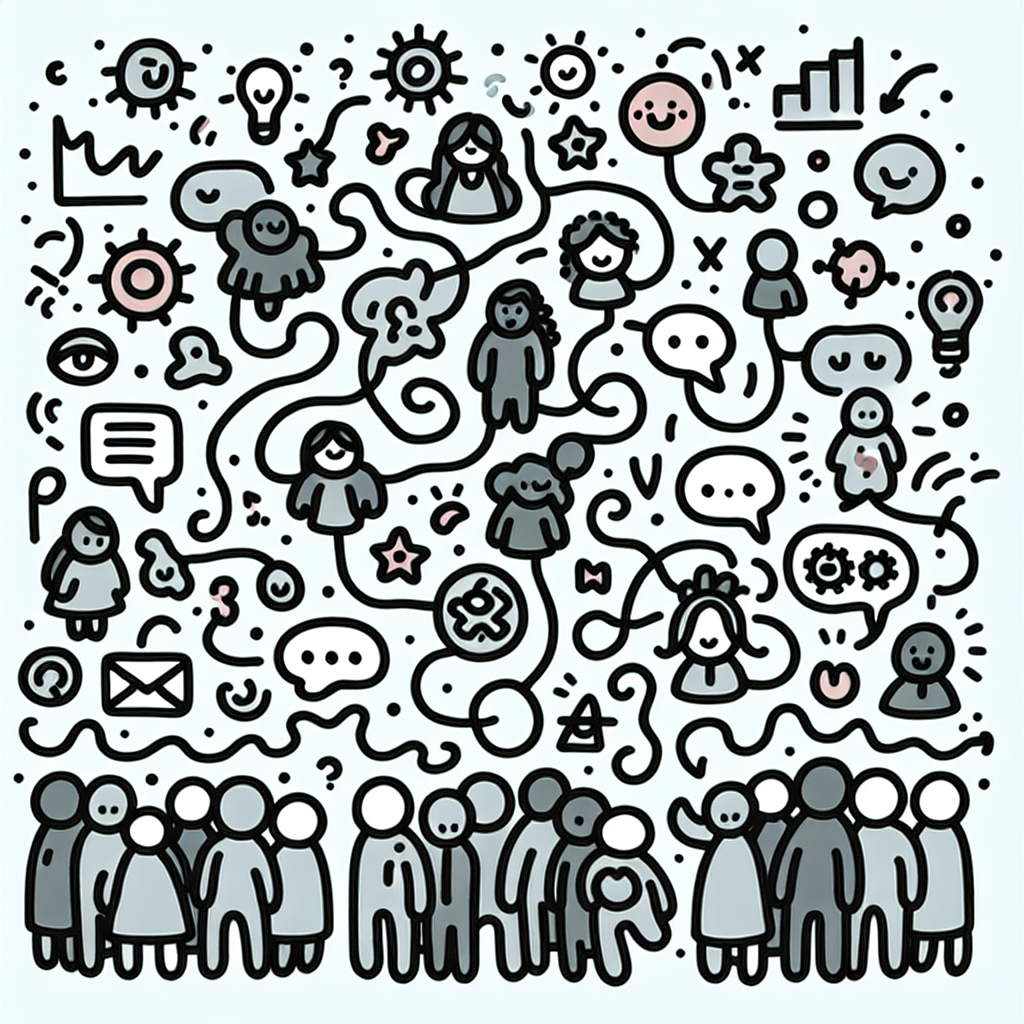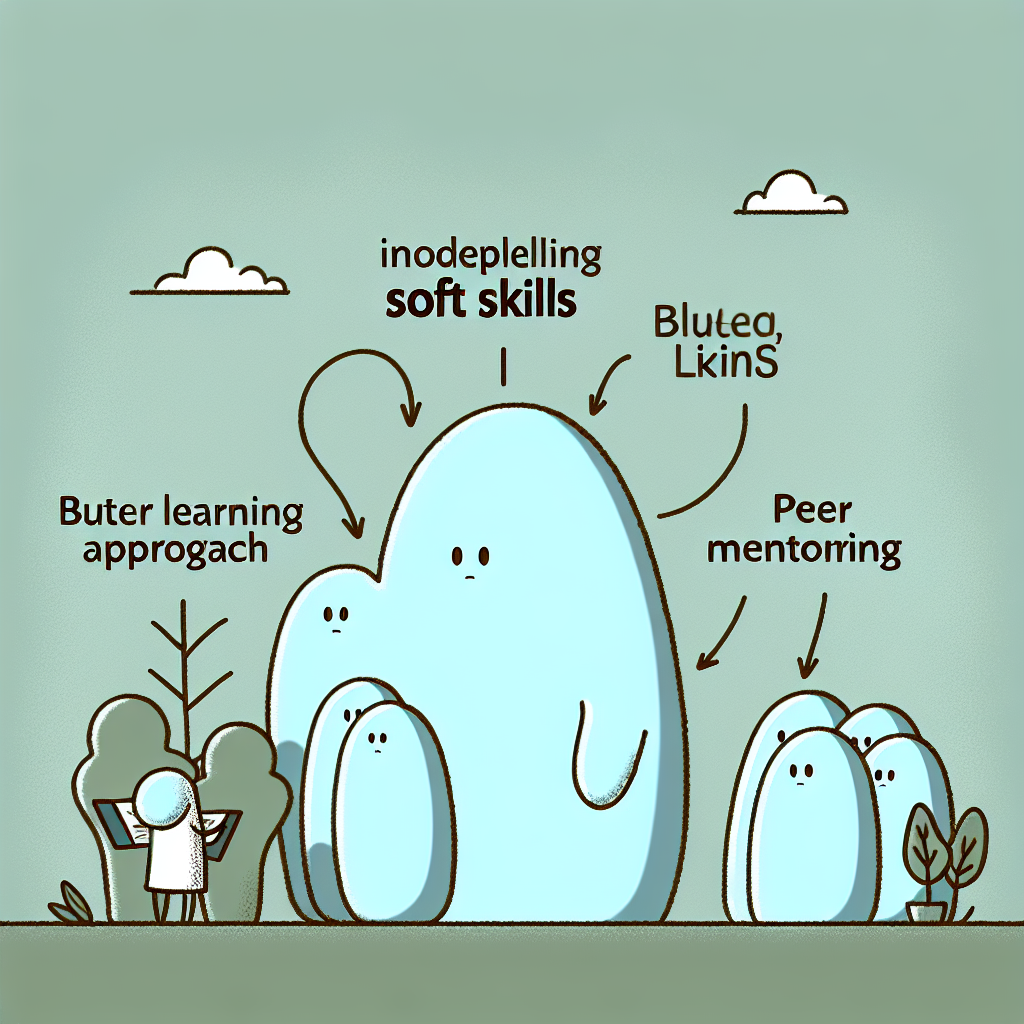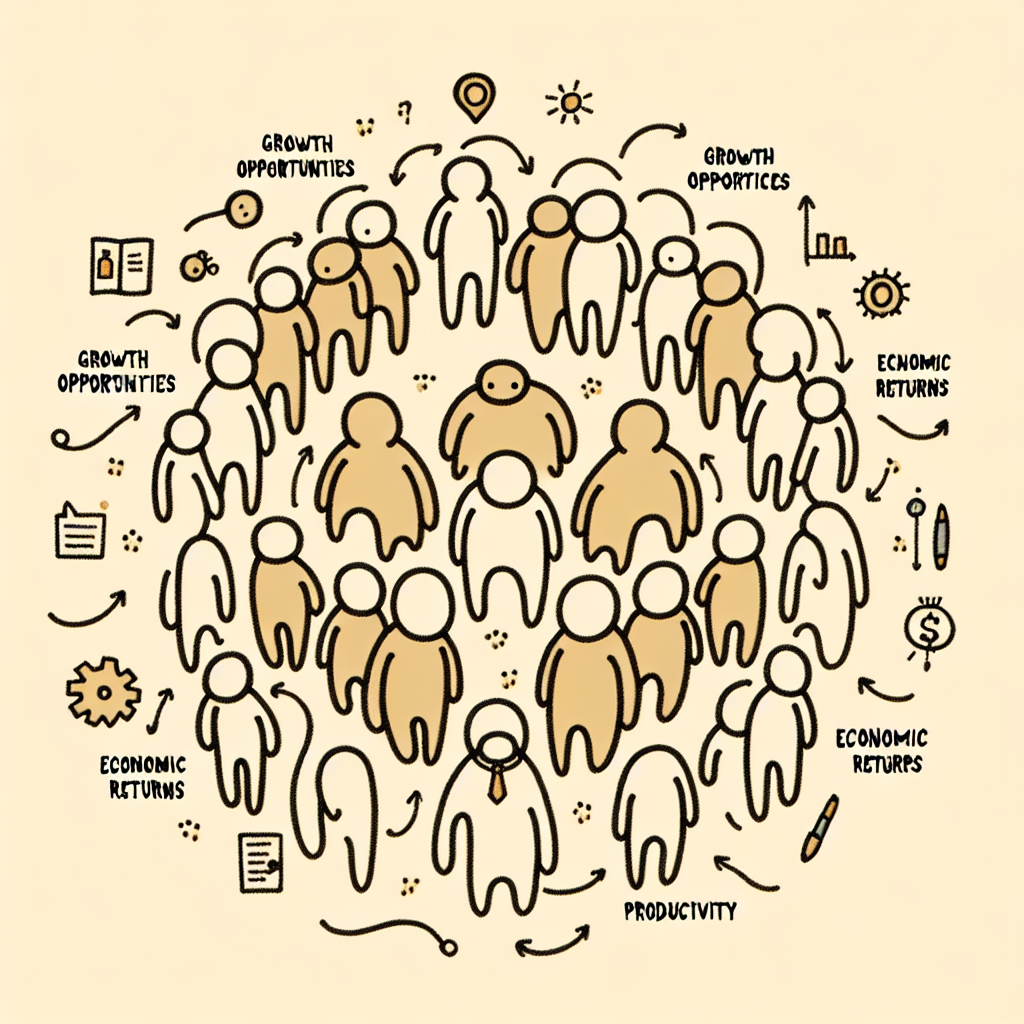Introduction
Soft skills training refers to the development of interpersonal attributes, communication abilities, emotional intelligence, and other non-technical skills that influence how individuals interact and work with others. Unlike hard skills, which are job-specific and measurable, soft skills encompass traits such as teamwork, adaptability, problem-solving, and time management. These skills are increasingly critical in modern workplaces that prioritize collaboration, innovation, and customer service.
While professional development often includes both technical and non-technical competencies, soft skills training specifically focuses on enhancing the human-centric capabilities that support effective teamwork and leadership. For instance, professional development might involve learning a new software tool, while soft skills training would focus on improving communication or conflict resolution.
Despite the growing recognition of their value, many organizations still face significant gaps in soft skills training. According to a LinkedIn Learning report, 89% of talent professionals say that when a new hire doesn’t work out, it usually comes down to a lack of soft skills rather than technical ability. However, structured programs to develop these competencies remain limited or inconsistent across industries. As work environments become more dynamic and team-based, addressing these training gaps is essential for long-term success.

The Current State of Soft Skills Training
Key Findings from the Wiley Workplace Intelligence Report
According to the Wiley Workplace Intelligence Report (2024), while 74% of organizations offer professional development, only 35% provide soft skills training. This indicates a significant gap in the support for essential interpersonal and communication abilities in the workplace. Despite this underinvestment, 63% of employees who have received soft skills training report improved job performance. These findings suggest that soft skills training is not only underutilized but also highly impactful when implemented.
Global Disparities and Sector-Specific Gaps
The availability and emphasis on soft skills training vary widely across industries and geographic regions. Some sectors, particularly in technology and finance, have been quicker to adopt structured training programs, while others lag behind. Additionally, many organizations focus soft skills development efforts on managerial or leadership roles, often overlooking frontline and non-managerial employees. This uneven investment contributes to inconsistent skill development and missed opportunities for performance improvement across entire organizations.

Why Soft Skills Matter
Business and Individual-Level Benefits
Soft skills training plays a vital role in improving essential workplace behaviors such as communication, teamwork, emotional intelligence, and adaptability. Employees who undergo this type of training are better equipped to navigate interpersonal dynamics and collaborate effectively, which is crucial in team-based environments.
These skills also contribute to stronger leadership and more effective conflict resolution. Leaders with high emotional intelligence and communication skills are more likely to inspire trust, manage teams successfully, and resolve disputes constructively. For individuals, this translates into enhanced job performance and increased opportunities for career growth, making soft skills training a valuable investment on a personal level.
Economic and Organizational Impact
On a broader scale, soft skills training has shown measurable economic and organizational benefits. For example, a study conducted in the garment sector in India demonstrated a 12% increase in productivity and a 256% return on investment (ROI) following soft skills training (University of Michigan).
Additionally, global evidence indicates that soft skills training leads to improved employment and business outcomes across diverse contexts (J-PAL Evidence Review). These findings underscore the significant ROI and strategic value of incorporating soft skills training into workforce development initiatives.

Evidence-Based Approaches to Effective Training
Microlearning and Modular Training
Research supports microlearning and modular approaches as effective methods in soft skills training. These strategies involve delivering content in short, focused sessions that allow learners to absorb and apply skills incrementally. A study in Frontiers in Psychology found that microlearning significantly improved communication and teamwork among students. The modular format enabled participants to engage more deeply with the material over time, reinforcing retention and application in real-world settings.
Contextualized and Inclusive Program Design
Effective soft skills training must be tailored to the social, cultural, and economic contexts of its audience. Programs that ignore these dimensions risk limited impact. A study published in the IZA Journal evaluated a soft skills training initiative in Jordan and found that the program had limited effectiveness when delivered in isolation. The findings underscore the importance of designing holistic programs that address structural barriers and align with participants’ lived realities.
Integrating Soft Skills into Broader Learning & Development (L&D) Strategies
For soft skills training to be truly effective, it should be integrated into comprehensive learning and development strategies. Rather than treating soft skills as optional or secondary, organizations benefit from embedding them within all levels of training and combining them with technical skills development. This integrated approach ensures that employees develop communication, problem-solving, and teamwork capabilities alongside job-specific competencies, leading to more well-rounded and adaptable workforces.

Barriers to Adoption
Misconceptions and Underestimation
One of the primary barriers to adopting soft skills training is the widespread perception that soft skills are innate rather than teachable. Many organizations assume that qualities such as communication, empathy, or adaptability are personality traits rather than competencies that can be developed. This misconception leads to a lack of structured programs dedicated to soft skills development.
Additionally, the absence of standardized evaluation methods makes it difficult for companies to measure the impact of soft skills training. Without clear metrics, it becomes challenging to justify investments in these programs, especially when compared to the more quantifiable outcomes of hard skills training.
Resource Constraints
Budget limitations are another significant barrier. Organizations often prioritize technical or hard skills training because they are directly tied to job functions and performance metrics. As a result, soft skills training is frequently underfunded or overlooked entirely.
Furthermore, the personalized nature of effective soft skills training presents scalability challenges. Tailoring programs to individual learning styles and emotional intelligence levels requires significant time and resources, making it difficult for companies—especially those with large or distributed workforces—to implement at scale.

Strategic Recommendations for Organizations
Building a Business Case for Soft Skills
To justify investment in soft skills training, organizations should use data-driven evidence that links these competencies to measurable improvements in performance and return on investment (ROI). Studies have shown that companies prioritizing soft skills experience increased productivity, better employee engagement, and lower turnover rates. Quantifying these benefits through internal metrics—such as improvements in customer satisfaction or team collaboration—strengthens the business case. Additionally, aligning soft skills development with key performance indicators (KPIs) and broader business objectives ensures that training initiatives are directly tied to organizational success.
Program Design Best Practices
Effective soft skills training programs should begin with a thorough needs assessment that incorporates input from key stakeholders across the organization. This ensures that the program addresses actual skill gaps and is relevant to employees' roles. A blended learning approach—combining workshops, digital learning modules, coaching sessions, and peer learning opportunities—can accommodate diverse learning preferences and reinforce skill application in real-world scenarios. Organizations are encouraged to implement pilot programs to test content and delivery methods before a full-scale rollout. Feedback from these pilots should be used to refine and improve the program.
Fostering a Culture of Continuous Learning
Sustaining soft skills development requires cultural support. Leadership plays a critical role by modeling desired behaviors and publicly endorsing soft skills training. Recognizing and rewarding progress in soft skills—through performance reviews, promotions, or informal acknowledgment—reinforces the value placed on these competencies. Additionally, peer coaching and mentorship programs can facilitate ongoing learning and skill reinforcement, creating a collaborative environment where continuous development is embedded in daily work.

The Future of Soft Skills Training
Role of Technology and AI
Technology is reshaping soft skills training through adaptive learning platforms that tailor content to individual needs. These platforms use data to adjust the pace and focus of instruction, helping learners improve communication, collaboration, and emotional intelligence more effectively.
Artificial intelligence is enabling more immersive learning experiences through simulations and virtual role-playing. AI-driven scenarios allow users to practice difficult conversations, leadership challenges, and conflict resolution in a risk-free environment. This enhances learning retention and provides real-time feedback to support growth.
Emerging Trends
Soft skills training is evolving to address a growing demand for empathy, resilience, and cross-cultural communication. As workplaces become more diverse and remote, these skills are critical for effective teamwork and leadership.
Organizations are also integrating soft skills training into diversity, equity, and inclusion (DEI) initiatives and employee well-being strategies. Developing interpersonal skills is now seen as essential for creating inclusive cultures and supporting mental health at work. This shift positions soft skills as a fundamental part of strategic workforce development.

Conclusion
Soft skills training has become an essential component of workforce development in today’s evolving workplace. As automation and digital transformation reshape industries, the demand for human-centric abilities—such as communication, adaptability, and emotional intelligence—continues to grow. These skills are no longer optional; they are critical for effective teamwork, leadership, and client interaction.
Organizations that prioritize soft skills training position their teams for long-term success. However, a gap often exists between traditional professional development efforts and the cultivation of soft skills. Bridging this gap requires intentional investment in training programs that balance technical expertise with interpersonal competence.
To remain competitive and responsive to future challenges, companies must integrate soft skills training into their learning and development strategies. Doing so ensures employees are not only skilled in their roles but also equipped to collaborate, lead, and innovate effectively in dynamic environments.

References
- Wiley Workplace Intelligence Report (2024) — Highlights how the lack of soft skills training leads to missed opportunities for organizational growth and employee development.
- Frontiers in Psychology Study — Examines the psychological impacts of soft skills training on team dynamics and communication effectiveness.
- J-PAL Evidence Review — Provides evidence that soft skills training yields strong economic returns, especially in low- and middle-income countries.
- University of Michigan Research — Shows that soft skills training significantly boosts employee productivity and workplace collaboration.
- IZA Journal of Labor & Development Study — Analyzes how soft skills training contributes to long-term employment outcomes and career advancement.







.png)






